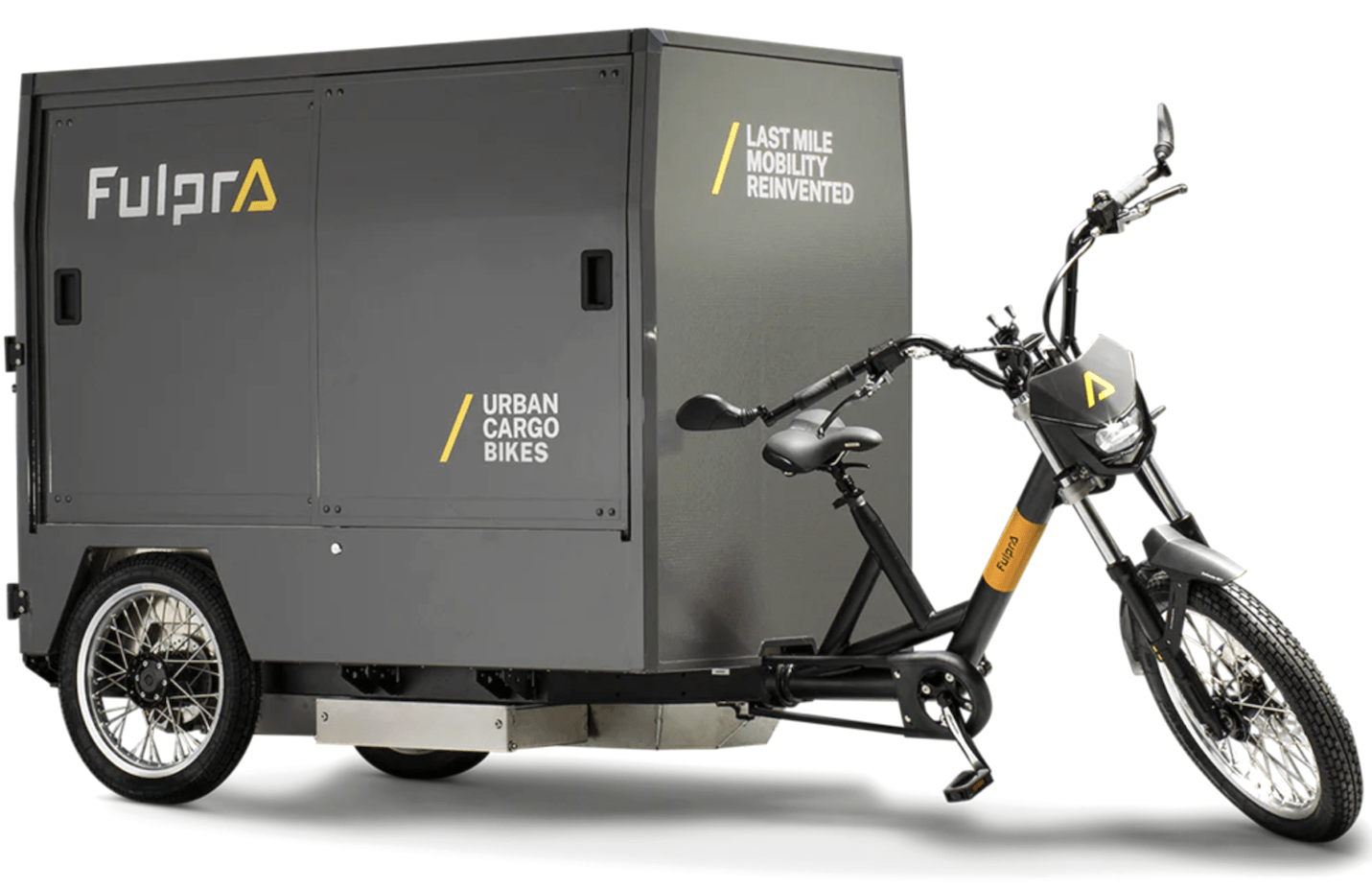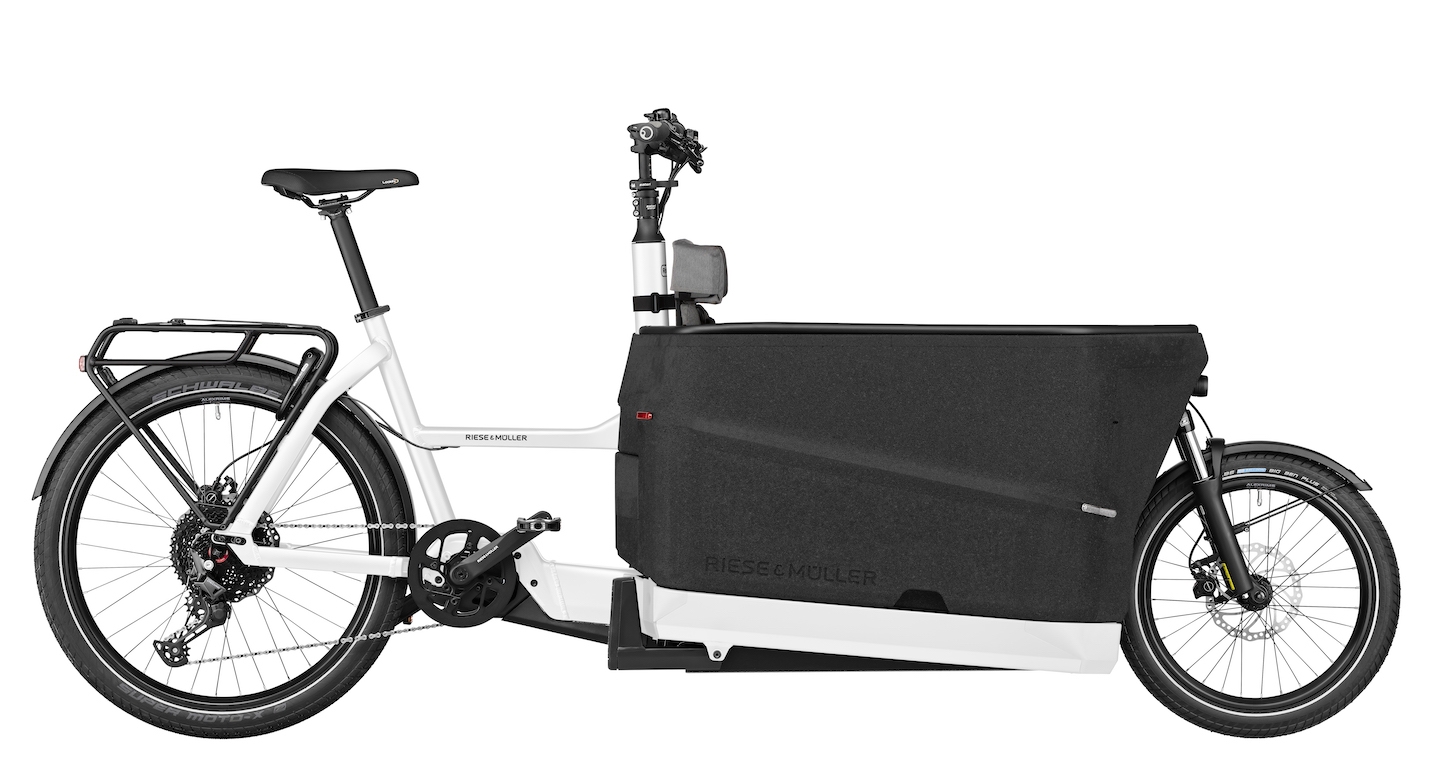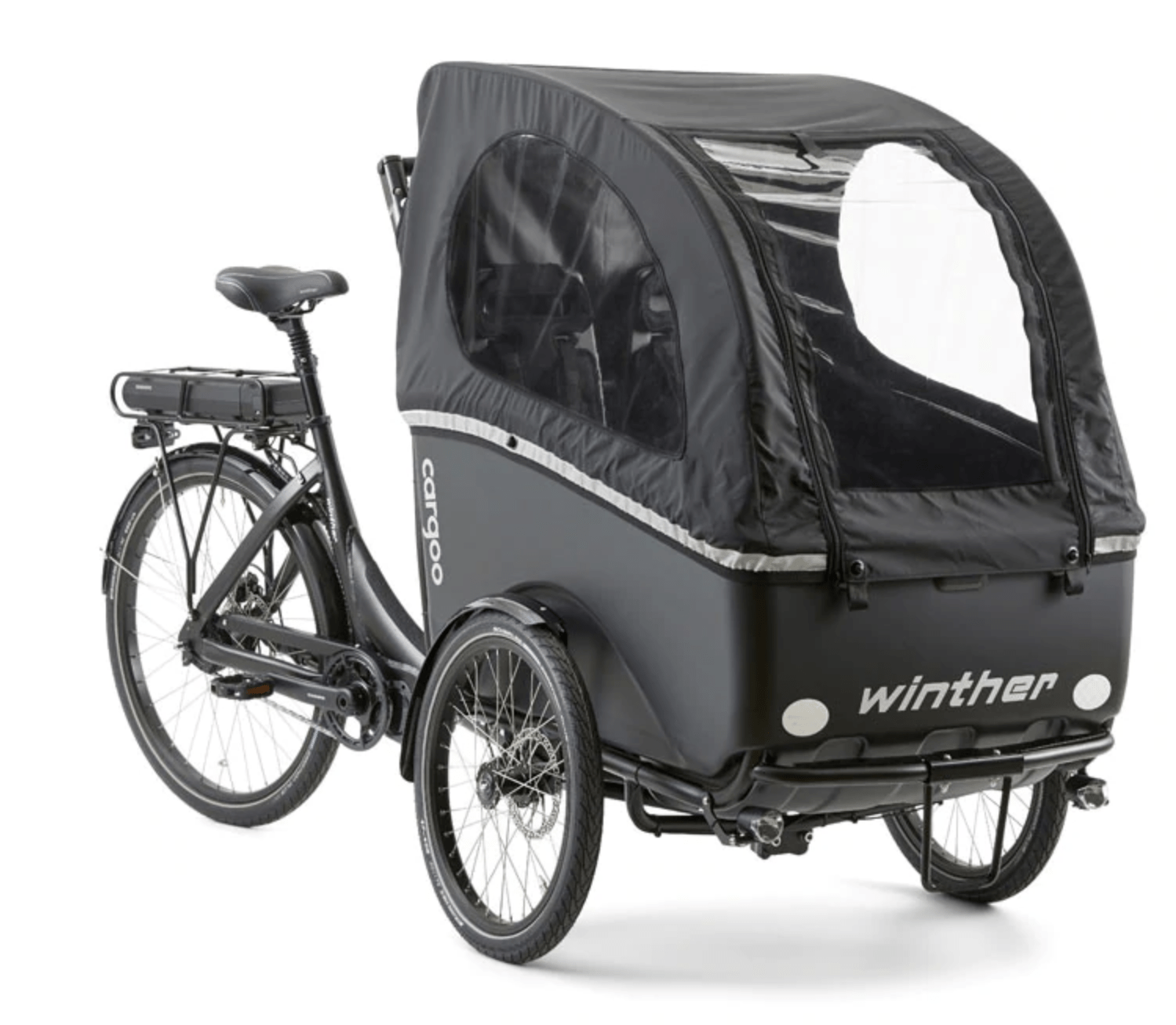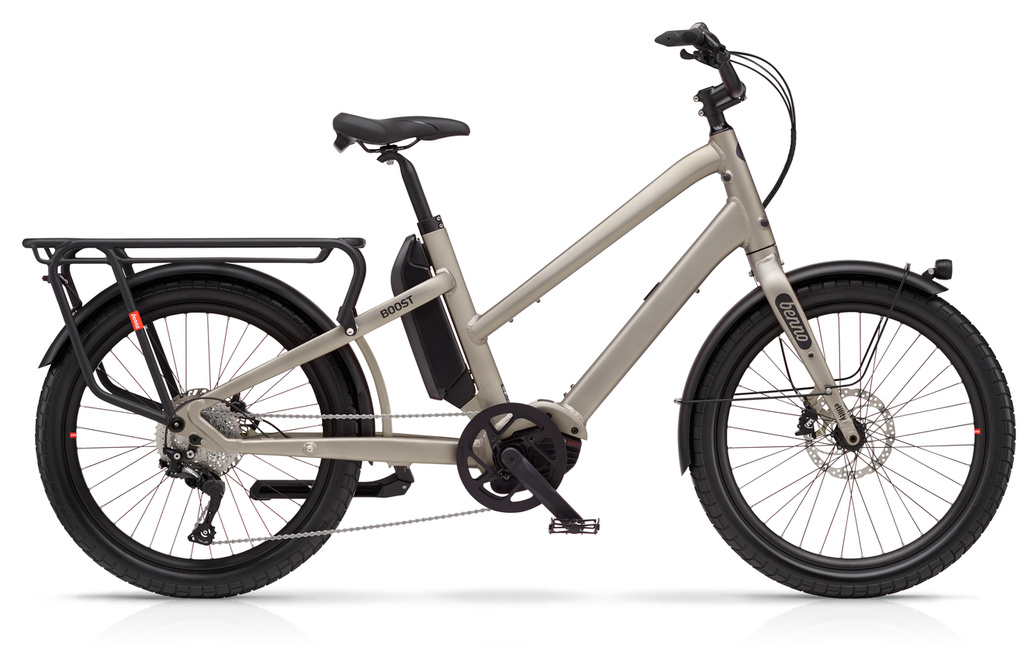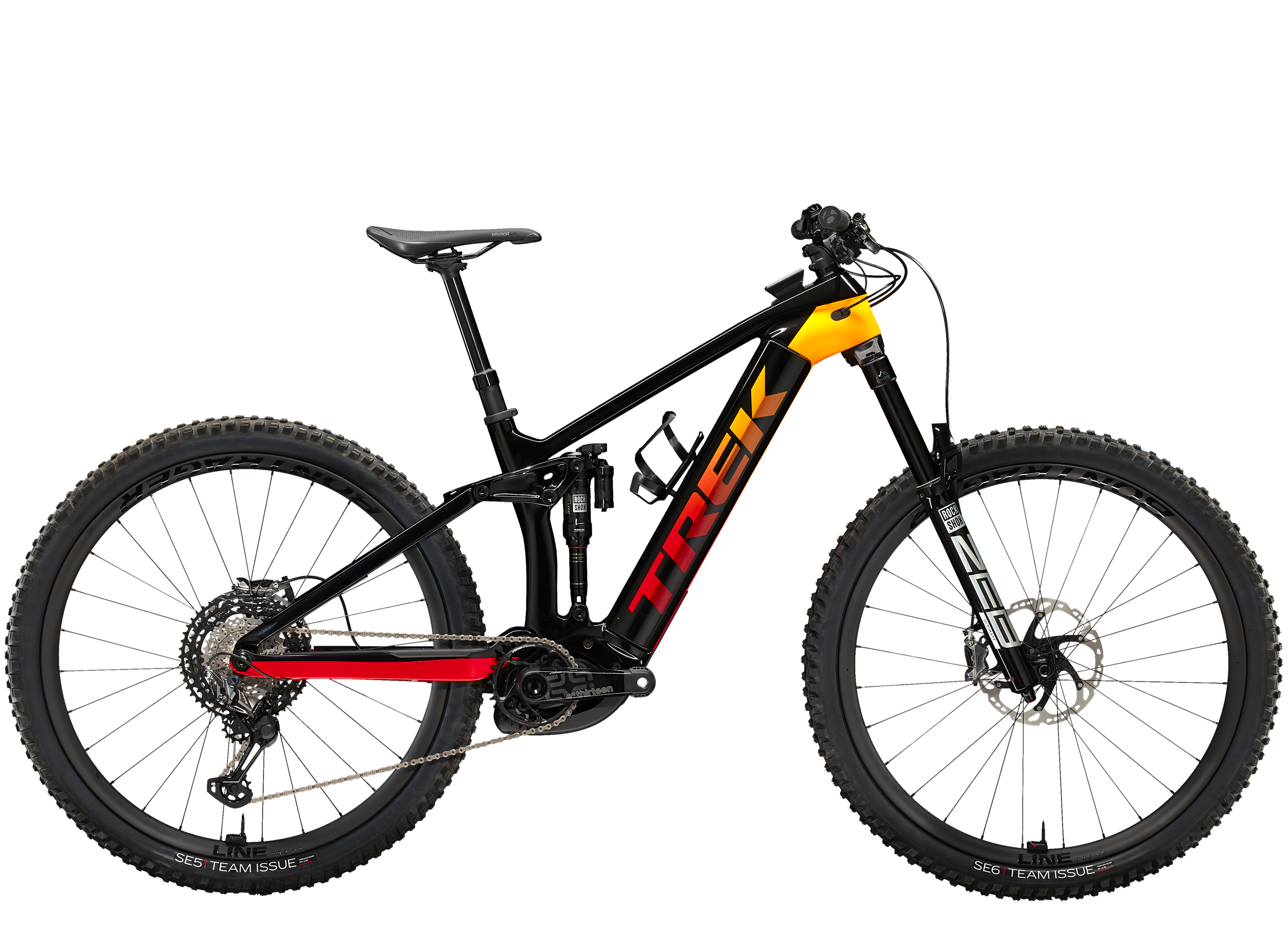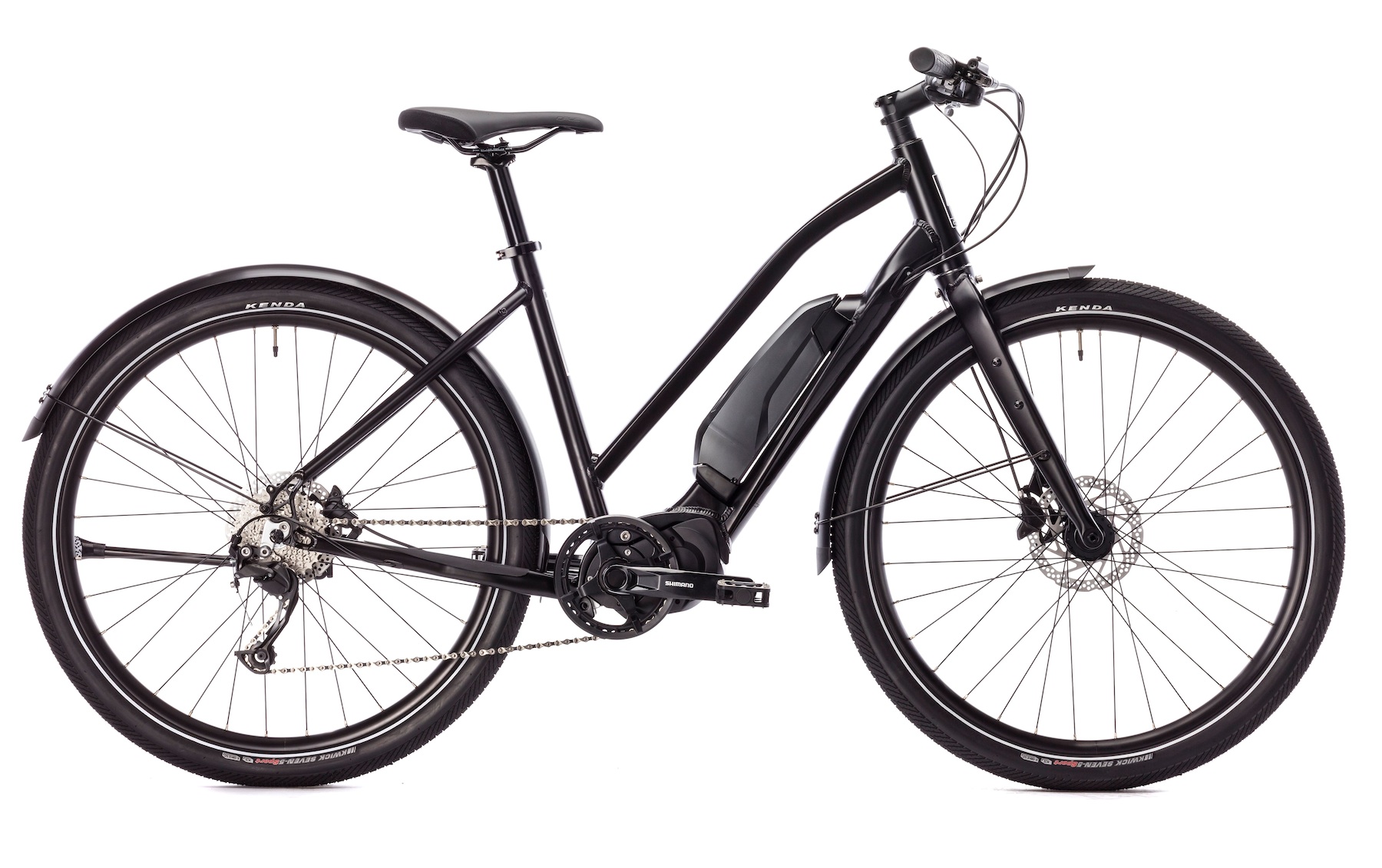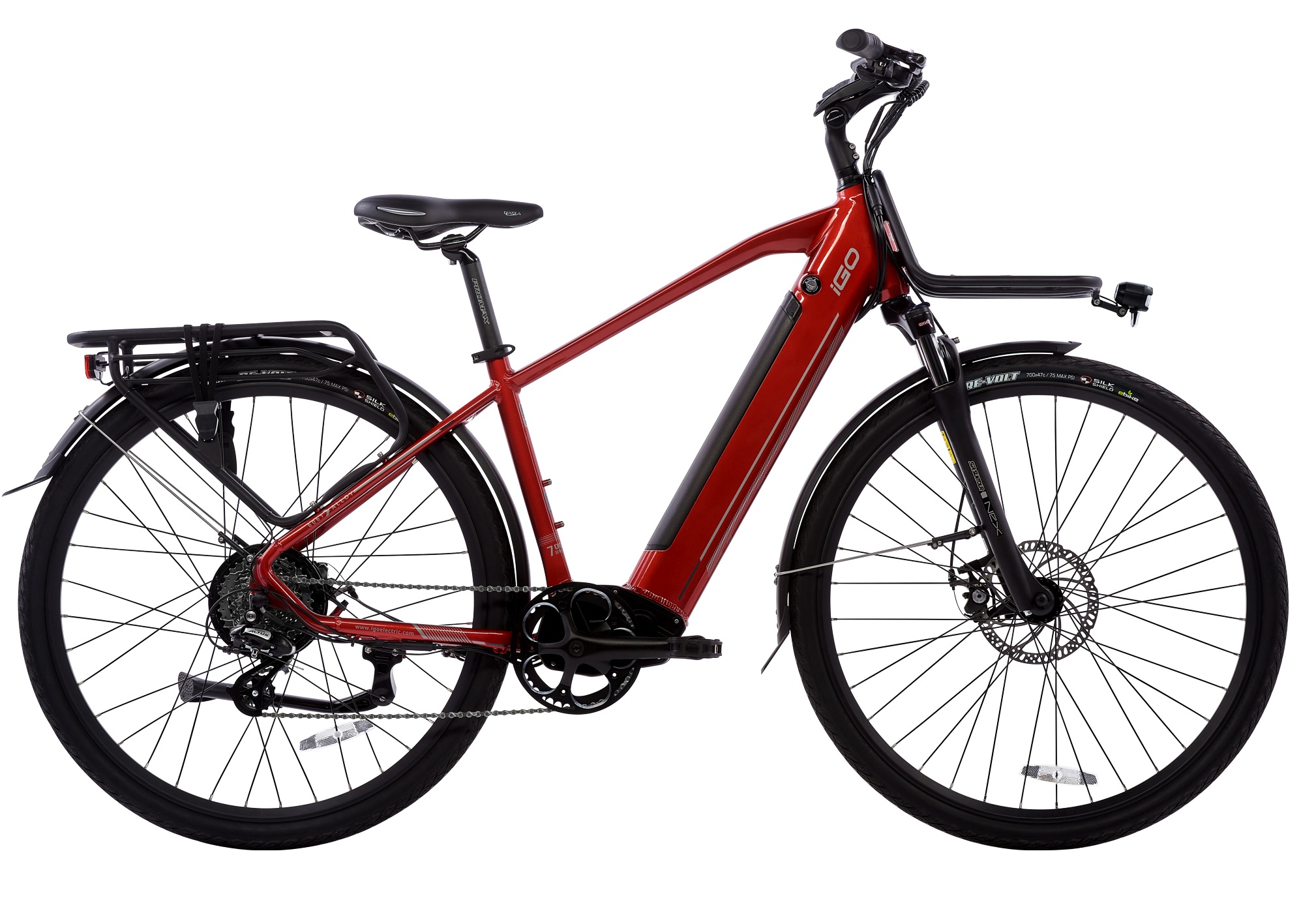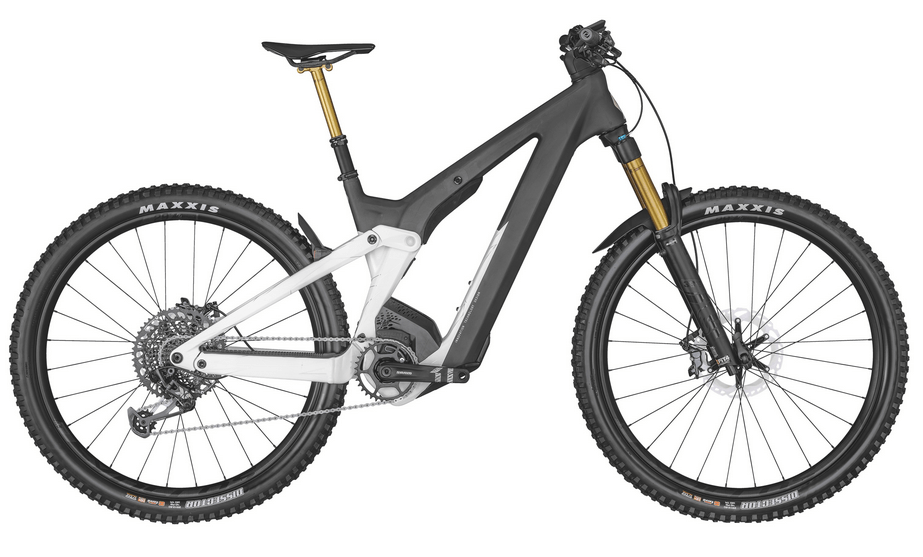August 17, 2023 - The Canadian Electric Bicycle Association (CEBA) was quietly launched back in 2019 by Michael Pasquali who owns the Electric Avenue E-bikes shop based in Hamilton, Ont. As e-bikes quickly grew in popularity, and more and more companies rapidly entered the marketplace, Pasquali realized that there was a growing need for realiable, in-depth knowledge to help dealers service them. When the pandemic hit CEBA quickly pivoted to online courses and things took off. We caught up with Pasquali to find out more about his passion for cycling and e-bikes, his take on the industry, and the past, present and future of CEBA.

Please tell us about your cycling background.
Michael Pasquali: While growing up I started out as a BMX rider and transitioned to mountain biking when I got older – now I ride an electric bike. I’ve always been curious about how things worked and what made them tick. I would take apart electric toys and put them back together again. When e-bikes entered the market I was naturally curious to know everything about them so I dissected one, and then put it back together to fully understand how it functioned. We opened Electric Avenue E-bikes in Hamilton, Ont., in April 2011 and quickly outgrew our small 700 square-foot shop. We moved to a bigger storefront with 4,000 square feet and also focused on servicing all makes and models of electric bicycles. In 2019, we were voted Best Place to Buy an E-bike in Hamilton by readers of VIEW Magazine. The recent bike boom that followed Covid was good for the cycling industry, but as it has subsided our service department has really helped our business.
What was the motivation to start the Canadian Electric Bicycle Association (CEBA)?
MP: We launched CEBA in 2019 as it was evident that the e-bike industry in Canada did not have a clear voice. Stakeholders we were very fragmented across the country, and provincially the challenge was similar. Dealers and distributors are busy running their businesses, yet need their voices to be heard and united without losing focus on their operations. The e-bike industry was growing fast, and from our perspective, technician training was one of the biggest bottlenecks to be addressed as more e-bikes hit Canadian roads especially from online sellers during Covid. Many online brands often do not have brick and mortar outlets, yet servicing these products, and e-bikes in general, continued to grow in demand. There is a huge opportunity for traditional bicycle shops to capitalize on e-bike repairs, especially from online sales, and the key barrier to capitalizing on this business is training.
What was the reaction from the cycling community and did the pandemic and the bike boom make it easier or tougher to get things started?
MP: The cycling industry was very busy during the bicycle boom resulting from Covid and there was immediate interest in our training courses but it was very challenging to launch CEBA during the pandemic. We had 10 students booked for our in-person training class in November 2020 but with Covid and travel restrictions we shifted our training to an online format. Subsequently, once shops learned about our online e-bike technician training courses we had a resounding response in the off-season. Being able to adapt gave us an opportunity to meet the needs of the cycling community while remaining compliany with provincial regulations.

You’re sponsored by the City of Toronto, Canada, Ontario and Employment Ontario… are these funding partners?
MP: We worked diligently to foster relationships with the City of Toronto, the provincial (Ontario) and federal government (Canada), along with Employment Ontario because it’s necessary to be at the table as stakeholders to help develop policies and provide feedback on behalf of the industry. Early on we did receive some funding as part of a program initiative by the City of Toronto. An important part of our mandate has always been about meeting the needs of our sector. It was clear that being able to do that would require a diverse representation from government and municipal partners.
How many people attend your courses as you indicate “intimate class size” on your web site?
MP: We decided to limit the class size to six (6) students as this allows the opportunity to spend time one-on-one with each student and create a better overall learning experience. Also, with small class sizes we can better monitor each student’s progress and ensure everyone has a full grasp of the curriculum. In addition, because the classes are live online it’s less busy on each participant’s monitor and the students can more easily focus on the training which creates a better overall experience.
Are bicycle shops the primary attendees… ?
MP: We have a high number of bicycle shops attending the e-bike technician training courses as many shops are receiving several calls daily to diagnose and service e-bikes. But many shops are not comfortable, or confident enough to service an e-bike brand that they do not sell. We have found that in general there are two types of bike shops – ones that embrace e-bikes as the fastest growing segment; and shops that want little or nothing to do with e-bikes. We feel that the latter are missing a great opportunity to gain new clients for service, increase their customer base, and become part of the current and future of transportation marketplace.

The positive testimonials on your web site must be satisfying for the CEBA team.
MP: The reviews we receive are absolutely gratifying for our whole team and really mean a lot. The most satisfying part is talking to the students at the start of the training that have no experience working on e-bikes and after the training to see their confidence grow. It’s noticeable through each training segment as students gain a much better understanding of e-bike components, systems, safety and diagnostic procedures. Our small class size means that only one instructor is needed which keeps our content, execution and quality consistent. Classes are held in the off season which makes it manageable for everyone.
Is the CEBA certification diploma for certified bike technicians recognized…?
MP: Among other things, we are working towards having the curriculum recognized by our respective partners. Currently we believe that we are the only e-bike technician training program designed for professionals and for people who are entering the e-bike industry. To date we are not aware of another organization, school, college or university that offers an e-bike technician training program aside from CEBA.
We see almost 50 logos on the website but you mentioned CEBA has about 200 members.
MP: We encourage all members to submit their logos for additional exposure and have different levels of memberships for enthusiasts/supporters, who are generally not listed on our website, but dealers, distributors and sponsors are proudly designated. We also have people that plan to open stores attending our training courses but as yet do not have logos or locations. We also provide each CEBA member with a certificate the includes our official seal, for dealers who may wish to hang it in their shops to show customers that they are recognized by CEBA, and that they support an organization which supports the e-bike industry.
Why should bike shops have trained e-bike technicians?
MP: As the e-bike industry is relatively young we are seeing gaps in employee training. Our courses teach technicians how to properly diagnose and fix issues, and learn several proven techniques and methods in a safe, easy-to-learn and functional manner. This also gives a shop the ability to service any make or model of e-bike that has a brushless hub motor, which is one of the most common types of e-bikes on the market today. Every mechanical profession requires practitioners to have the proper training – the same goes for e-bikes – and especially with the proliferation of lithium batteries. If not handled properly they can be dangerous to untrained employees. We teach safe handling, storage, charging, disposal and best practices regarding lithium batteries as well.
What are the benefits to bicycle dealers?
MP: Our training has changed the “we only service what we sell” mentality and given many shops the confidence for their mechanics to be able to take on the many different e-bike makes and models in the marketplace. Having the ability to service most of the brands out there benefits the industry as a whole as well because consumers can readily get their e-bike serviced, and shops are able to generate additional revenue. It’s a win-win for all stakeholders and the industry as a whole.
What are CEBA’s goals/plans for the future…?
MP: One of our main goals is to have e-bike technicians recognized as a trade and every dealer to have a certified technician so they can safely work on e-bikes. As such consumers will have confidence in purchasing an e-bike no matter where they reside, knowing that they can have their bike serviced by a professional that has been fully trained – similar to the auto industry. Our plans include continuing to lobby for a federal rebate program for e-bikes, and to encourage the growth and use of electric bicycles across Canada. Currently some provinces offer rebates and others don’t, but what we would like to see is the federal government establish a rebate program that benefits all provinces equally.
For more information on CEBA click here.
CEBA’s next courses are Sept. 11-12 with only two spots remaining.




